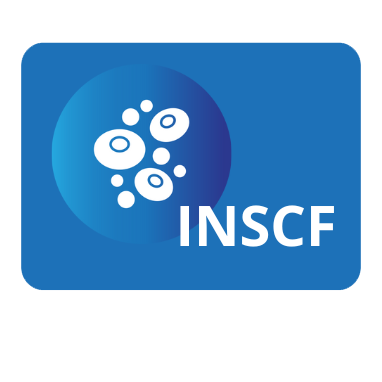INDUCED PLURIPOTENT STEM CELLS (iPSCs)
Human induced pluripotent stem cells (iPSCs) are powerful tools for studying human development and investigating complex diseases. Derived directly from patients, iPSCs provide a physiologically relevant model that mirrors the genetic and environmental factors contributing to specific conditions. This ability to generate patient-specific cell lines enables researchers to study diseases in a more precise and individualized manner.
iPSCs offer an unparalleled opportunity to model complex diseases at the cellular level, including neurodegenerative disorders, genetic mutations, and conditions that may not be fully understood using traditional research methods. By differentiating iPSCs into various cell types, such as neurons, glial cells, and endothelial cells, researchers can gain insights into disease progression, cellular interactions, and pathological mechanisms.
These stem cell models also serve as an essential platform for identifying novel therapeutic targets and conducting high-throughput drug screening. By mimicking human disease in a laboratory setting, iPSCs allow for the testing of potential drugs and treatments with greater relevance to human biology, enhancing the predictive power of preclinical studies. This not only accelerates the development of new therapeutics but also enables personalized medicine, where treatments can be tailored to the genetic and molecular profiles of individual patients.
At the INSCF, we leverage the power of iPSC technologies to support both basic and translational research, empowering scientists to uncover new insights, validate therapeutic strategies, and ultimately bring innovative treatments closer to the clinic. By integrating cutting-edge techniques like gene editing, disease modeling, and advanced drug screening, the INSCF is committed to advancing the field of neuroscience in ways that were previously unimaginable.

